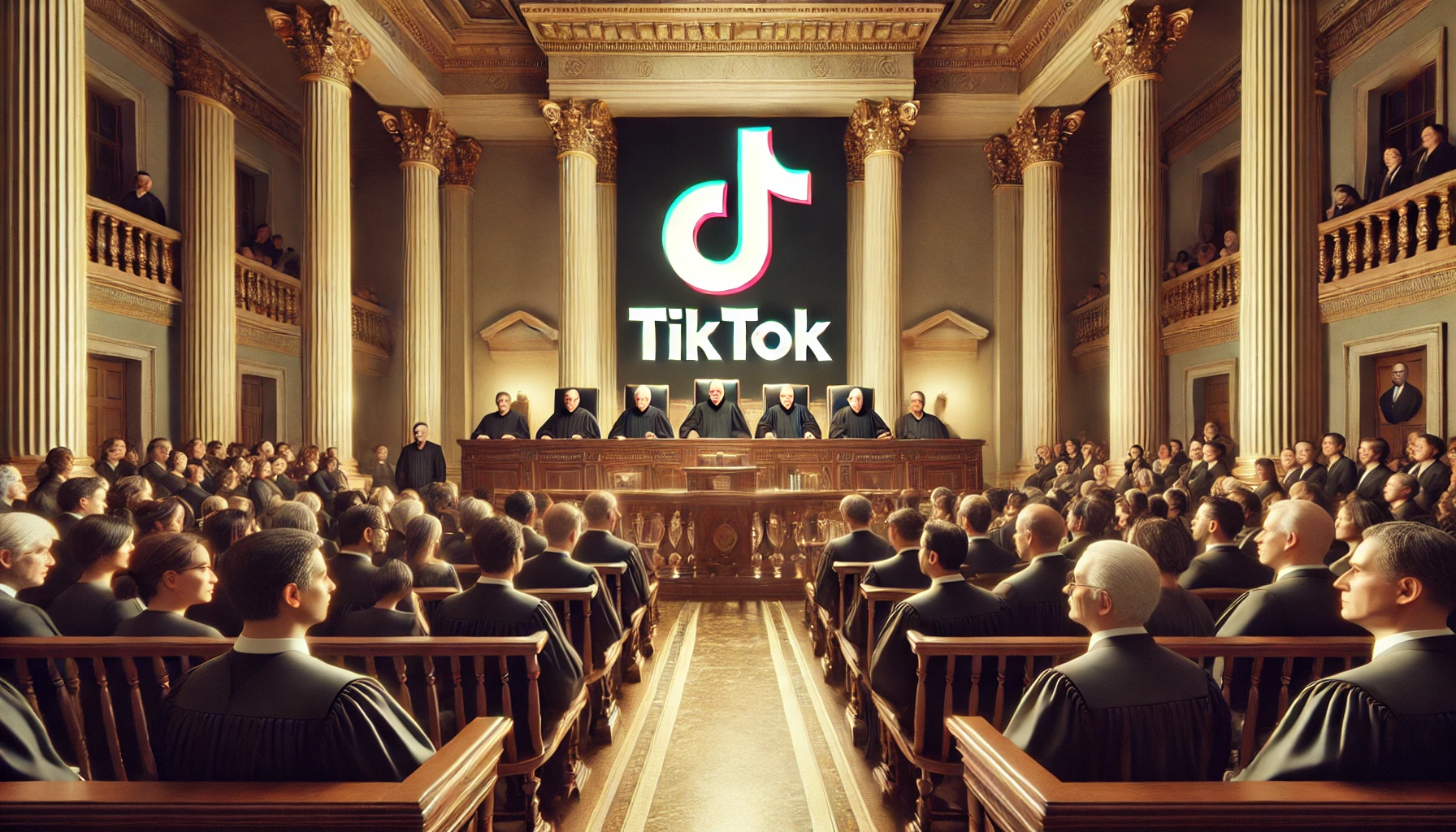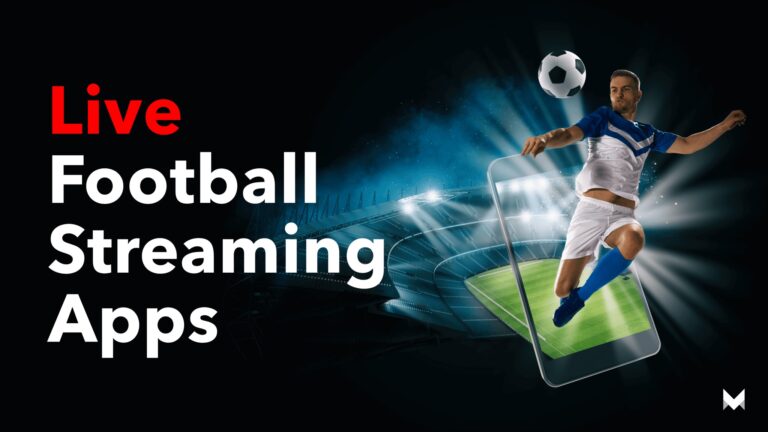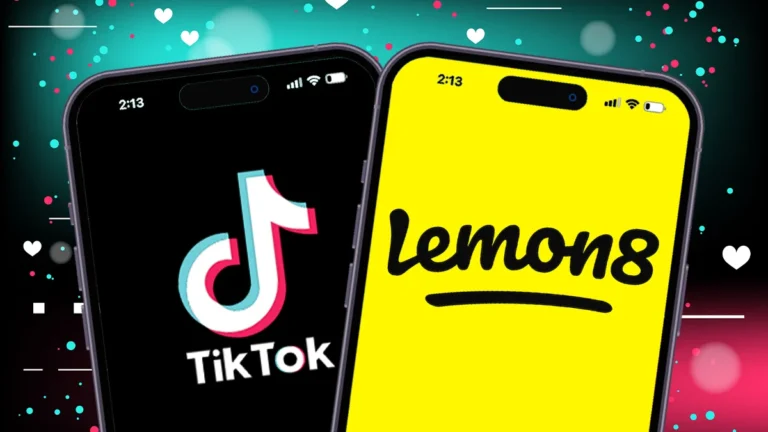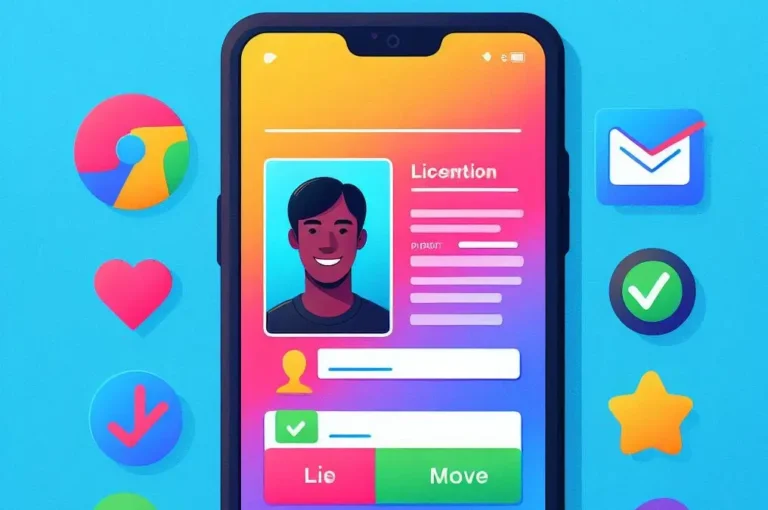TikTok’s High-Stakes Supreme Court Appeal: 5 Key Questions to Watch
The U.S. Supreme Court is about to make a critical decision on TikTok’s future in America. The popular video-sharing app is challenging a law that mandates it split from its Chinese parent company, ByteDance, by January 19, 2025. Failure to comply could lead to TikTok being effectively banned in the U.S., leaving millions of users and creators in limbo.
This legal battle raises significant questions about free speech, national security, and the broader implications for U.S.-China tech relations. Let’s dive into the five key questions that will shape TikTok’s future.
Understanding TikTok’s Legal Challenge
1. What’s at Stake in the Supreme Court Hearing?
TikTok’s appeal to the Supreme Court is its last-ditch effort to overturn the law. The company argues that forcing a divestment from ByteDance violates the First Amendment’s protections of free speech. For TikTok’s millions of users, the stakes are personal—many rely on the platform for creative expression, income, and connection. For politicians, it’s about national security and tech governance in the digital age.
2. Could the Justices Pause the Law’s Implementation?
TikTok has requested an injunction to delay the law’s enforcement, a move also supported by incoming President Donald Trump. The Department of Justice opposes this, arguing that delaying the law would overstep judicial authority. Legal experts suggest that the court might grant a pause, giving TikTok breathing room to negotiate under the new administration.
3. How Might a Delay Impact TikTok’s Future?
A delay could be a strategic win for TikTok. It would give Trump, who has expressed support for the platform, the opportunity to influence a potential resolution. Additionally, investors like Frank McCourt and Kevin O’Leary have shown interest in purchasing TikTok, but their bids hinge on having more time to finalize deals.
4. Republican Divide: Who Supports Trump’s Stand?
The bipartisan passage of the law banning TikTok showcased broad concern over Chinese influence. However, Trump’s defense of TikTok has divided Republicans. Some younger conservatives view the app as a powerful tool for digital outreach, while more traditional GOP members, such as Senator Marco Rubio, remain staunch advocates of a ban.
5. What’s TikTok’s First Amendment Argument?
TikTok argues that banning the app would suppress free speech, as millions of users depend on the platform for communication and self-expression. Legal scholars are closely watching to see if the Supreme Court applies “strict scrutiny,” the highest level of judicial review, which requires the government to justify its actions as narrowly tailored to a specific issue.
How Are TikTok Users Reacting?
Creators who rely on TikTok for their livelihood are rallying against the law, emphasizing its economic and cultural impact. Meanwhile, some users and marketers are preparing contingency plans, diversifying to platforms like Instagram and ByteDance’s Lemon8. However, the uncertainty has left many creators frustrated and worried about the future of their digital presence.
Potential Outcomes: Ban, Sale, or New Negotiations?
The Supreme Court’s decision could lead to three possible outcomes:
- Ban: If the law is upheld and enforced, TikTok may cease operations in the U.S.
- Sale: ByteDance could divest TikTok’s U.S. operations, though finding a suitable buyer in time remains challenging.
- New Negotiations: A delay might enable Trump’s administration to broker a deal, possibly leading to new terms for TikTok’s continued operation in the U.S.
What This Case Means for Other Tech Giants
TikTok’s legal battle could set a precedent for how the U.S. handles foreign-owned tech companies. If the government succeeds, other platforms like WeChat or even American tech giants operating abroad might face similar scrutiny, reshaping the global tech landscape.
Conclusion
TikTok’s Supreme Court hearing is more than just a legal battle—it’s a pivotal moment for free speech, tech governance, and U.S.-China relations. As millions of creators, users, and investors await the outcome, the decision will undoubtedly shape the future of digital platforms in America.
FAQs
1. Why is TikTok facing a potential U.S. ban?
The U.S. government has raised national security concerns about TikTok’s Chinese ownership, fearing potential data misuse or influence by ByteDance.
2. How has the political climate shaped the TikTok debate?
The issue has spanned two administrations, with bipartisan concerns but contrasting approaches under Biden and Trump.
3. What happens if TikTok wins the appeal?
If TikTok prevails, the law mandating its divestment would be overturned, allowing it to continue operating under current ownership—at least for the time being.







